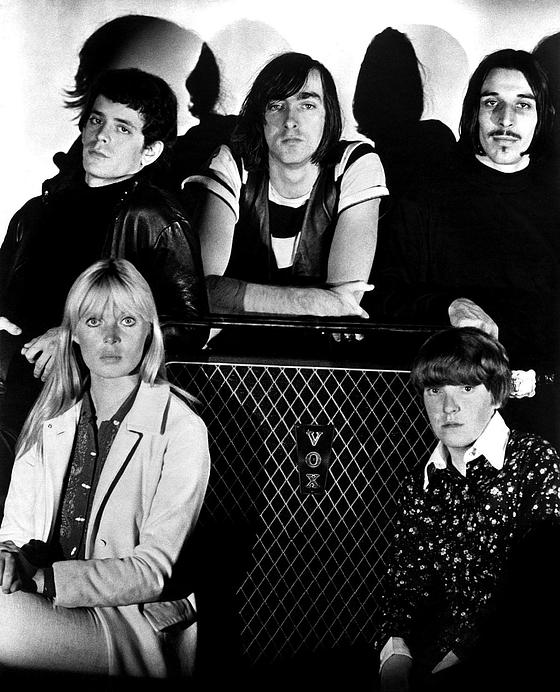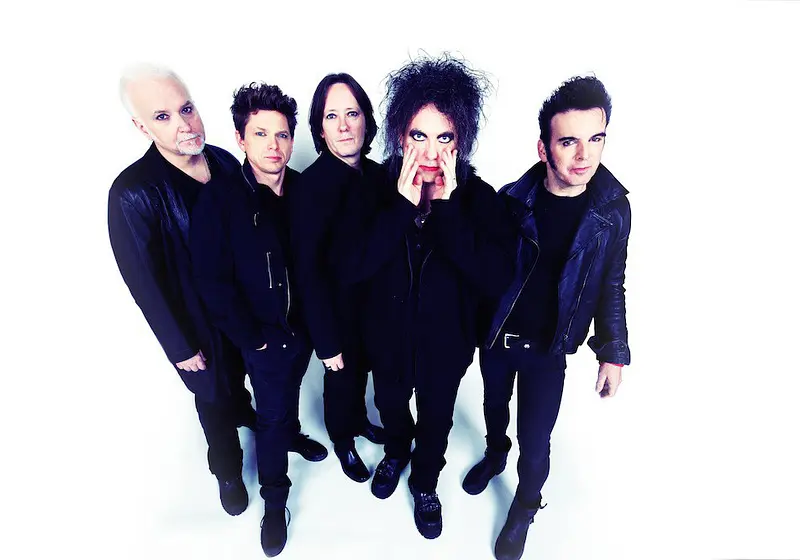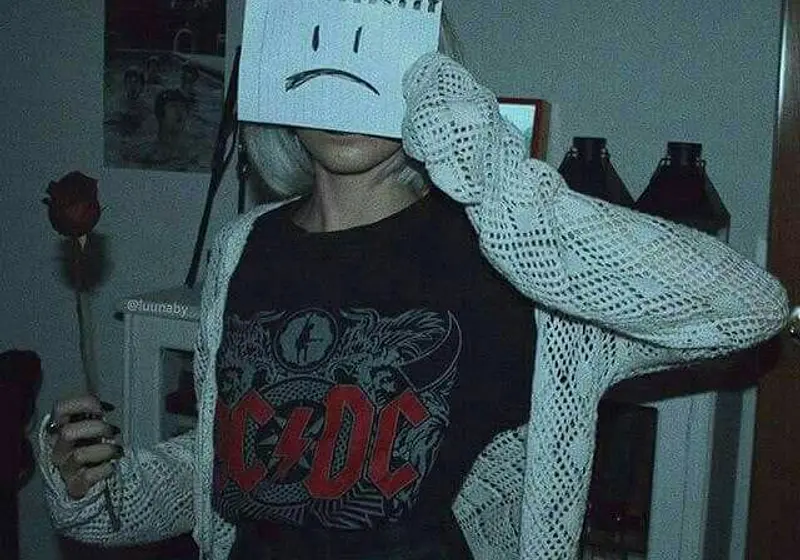Has the rise of social media, specifically targeting members of Gen Z, reduced the Alternative movement to simply an aesthetic? In a world of ignorance, trends, and fast fashion, the Alternative movement has become a contradictory idea. How much of that are teenagers truly responsible for?
Although there are certainly teenagers out there who understand and truly respect the ideology of the movement, the majority of young people lack the same understanding. Without truly knowing what it means to be alternative, will teenagers ruin the subculture?
Let us slide into your dms 🥰
Get notified of top trending articles like this one every week! (we won't spam you)What does it mean to be Alternative?
The term “Alternative” is the umbrella term for any subculture that exists outside of our mainstream society and popular culture. This includes, but is not limited to Goth and Punk. Since the birth of punk in the 1960s, Alternative lifestyle has been associated with ideology, fashion, politics, and music. Many Alternative musical artists cover topics and political viewpoints that mainstream culture tends to ignore, such as Radiohead's album OK Computer, which addresses the fact that our world is "fraught with rampant consumerism, social alienation, emotional isolation and political malaise." The main pillars of Alternative ideology are anti-conformity, counterculture and anti-consumerism.

Take the Quiz: Which Generation Matches Your Personality?
Discover the generation you truly belong to!
The Rise of the Alternative “Aesthetic”
Since the turn of the century, the idea of “aesthetics” has gained popularity on social media. An aesthetic, once used in a philosophical sense to describe the study of beauty and taste, can now be described by this flawless explanation from the urban dictionary which defines the term as, “a word typically used by teenagers to say something looks cool and hashtag worthy.”
Being Alternative isn’t something you can just become because you like the look of eyeliner and fishnets. Being Alternative truly entails belonging to an alternative ideology. When only this scene’s outward appearance is valued, it diminishes the beliefs of the movement. So essentially, if one allies themselves with mainstream culture, then identifying with an Alternative aesthetic degrades the Alternative subculture to a simple filter.

Image of The Velvet Underground, a band that pioneered the alternative lifestyle, from Wikimedia by Unknown Artist
Labeling and Over-Categorization
When a teenager says “I’m so Emo,” or “I’m Alternative,” it reveals that they indeed aren’t. The modern idea of labeling people based on their aesthetic, sexuality, gender identity etc, is a new way of trapping people within societal ideas and norms. To declare you’re Alternative not only is detrimental to the movement, but to use a mainstream concept like labeling to announce oneself as anti-conformity degrades the movement’s ideas.
The Theft of Emo
The theft of Emo shows another subculture that falls under the Alternative umbrella, that's been corrupted by teenagers. Born from the hardcore punk music genre that originated in Washington D.C. in the mid 80’s, Emo supposedly experienced a resurgence during COVID-19, but in reality has been completely destroyed. In it’s true form, Emo has been associated with poetic, expressive, and emotional art, as well as general social-alienation and anger with society.
Now, the term “Emo” is used to describe an almost-cult of frequent Hot Topic shoppers who think listening to My Chemical Romance is a personality trait. You know that true Emo is dead when you read the hollow headline “12 Emo outfits embracing your inner 2010’s Tumblr girl” from Seventeen magazine. That headline proves the Emo subculture has been degraded to an aesthetic and the article itself is the absolute opposite of true Emo.
Opening with “if we’ve learned anything from the resurgence of twee, the longevity of gorpcore,” the article already unintentionally highlights the absolute stupidity of aesthetics and Gen Z slang. If I didn’t know any better, I would assume Twee and Gorpcore were the names for different Alien species.
Later, the article appropriates the idea that Emo is a fashion style and not a lifestyle when it says that “On days where everything is dreary… Emo fashion is here for you.” To finish it off, this author limits Emo fashion expression to “[r]ipped skinny jeans, heavy metal band tees, choker necklaces, knee high socks… and leather jackets" and reinforces the idea that Emo is based on appearance rather than mindset.
The Anti-Anti-Consumerist
One of the core beliefs of the Alternative subculture is anti-consumerism, which entails not wanting to buy into fast fashion, finding ethically sourced clothing, and not lining the pockets of large corporations. Because of this, Alternative style was made of largely second-hand, locally bought and repurposed clothing. Now that being Alternative has become a mainstream event, these beliefs have been disregarded and most Alternative outfits that are seen on social media have been infested with capitalism.
Online stores that cater to “Alternative” youth like DollsKill, Shein and Eloquii are all made cheaply, and without any regard to the environment or worker's rights. By mass-producing clothing that’s meant to emulate the style of “originals” it defeats the purpose of calling the subculture “Alternative.” Now other companies market clothing by calling them “goth” or “alt” even if they bear no resemblance to the real style. Below I have included an ad from Kohl’s, which labels an outfit bearing no originality as a “Gothcore” fit because it had black pieces.
By undermining a crucial part of this movement, and contradicting its central belief in order to profit off originality, the demand for aesthetic clothing is damaging the subculture.
When Ron Bassilian of the Daily Bruin said, “Punk and Alternative subcultures have been packaged, commoditized and are ready for mass consumption,” he effectively summed up the problem with Gen Zs and their attachment to the aesthetic of Alternative. If one turns to a non-conformist subculture to conform to the cultural norm, then the point of counter culture has been defeated. Now that being “Alternative” has become a ubiquitous idea, the power behind being Alternative is lost.









.jpg)




